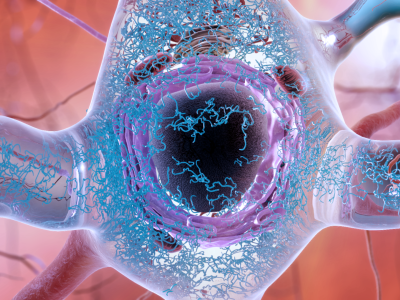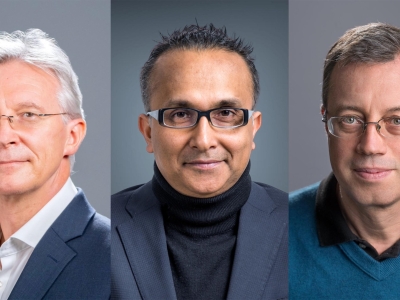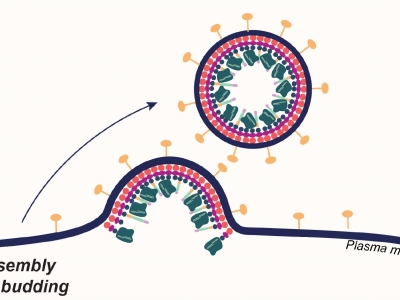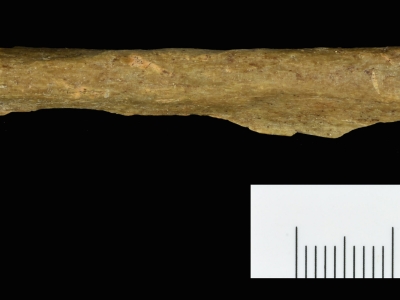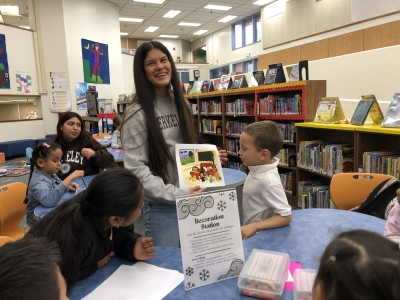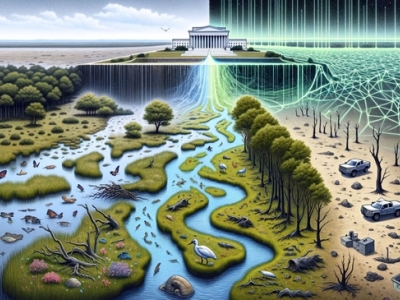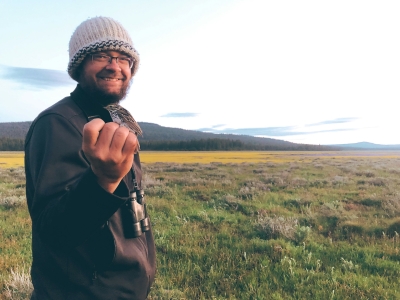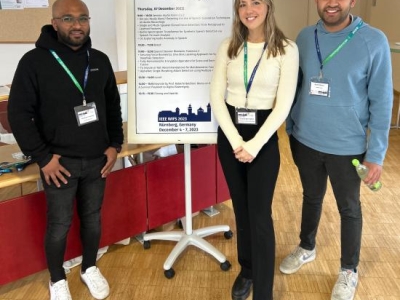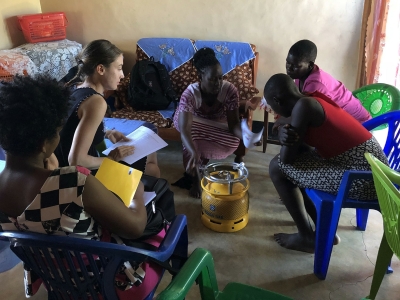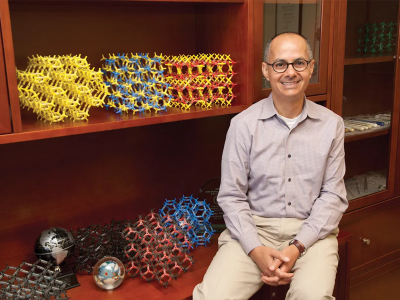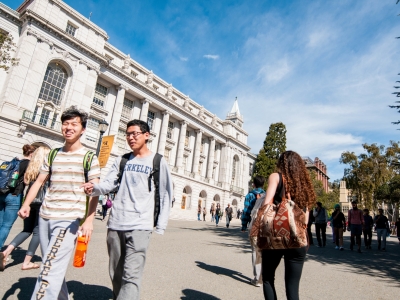UC Berkeley research suggests that constant stress triggered by clumping proteins is killing brain cells.
Research News
Learn more about UC Berkeley's researchers and innovators.
Showing 49 - 64 of 3172 Results
UC Berkeley professor explores how the brain engages with the drug ecstasy and what it might mean for the future of psychedelic-assisted treatment.
Citizen Clinic, UC Berkeley’s cybersecurity clinic, is a semester-long course that gives students hands-on training and experience as they deliver pro bono digital security assistance to nonprofits and other public interest organizations.
Three UC Berkeley faculty members have been recently elected into The National Academy of Engineering, one of the highest professional honors for engineers.
Haas professor identifies the key component and the science behind creating personable dating profiles.
Leaders at the Berkeley Institute for Young Americans say Swift and other young icons might inspire millions to feel hope — and power.
Precision-targeted gene editing on specific subsets of cells while still in the body is a step toward a delivery method that would eliminate the need to obliterate patients' bone marrow and immune system before giving them edited blood cells.
Genetic analysis of bone fragments from German archaeological site proves that modern humans reached northern Europe not long after they emerged from Africa.
UC Berkeley professor leads a course for students to research Chicanx history, centering their scholarship on the experiences and historical contributions of Chicanx women and the marginalized communities they come from.
New research published by a team at the UC Berkeley used machine learning to more accurately predict which waterways are protected by the Clean Water Act.
UC Berkeley researchers find that increased interbreeding due to loss of tidal marsh habitat caused saltwater-adapted Savannah sparrows to lose their genetic distinctiveness.
A new Berkeley Public Health study found that a large share of insurer payments for drugs, which are intended to support further research and development, are instead siphoned off by hospitals for their own use.
In an era of misinformation, new research by three School of Information students and alums will make it easy to determine the authenticity of an audio clip.
Aiming to reduce greenhouse gas emissions, UC Berkeley researchers compared five methodologies for evaluating the emission reductions of cookstoves in developing countries.
The award honors chemistry leaders whose discoveries are shaping the future of the field and humanity.
New spring semester course, Brilliance of Berkeley, kicks off allowing students to meet 28 Berkeley luminaries, including three Nobel laureates and several MacArthur Foundation "genius grant" awardees, from a wide range of fields and hear lectures about their research.
